
“Let’s go close the street, get some courage,” screamed a student at the CTP in Nicoya named Nayla Lopez, 18.
Today, June 28, on their second day of protests and in conjunction with protesters and students, blocked vehicles in the intersection at the entrance of Nicoya. They did it for more than four and opened the path every 20 minutes.
Nationally, scenes like these have been repeating for at least a week, even though the education ministry said that only 2.8 percent of the schools are participating. It’s a movement among all students to demand, among other things, the resignation of education minister Edgar Mora.
None of López’s or her classmates’ reasons are strong enough for the minister to resign, or for president Carlos Alvarado to request his resignation.
It would look bad for a minister to resign over uncertain things like these,” Mora said in a press conference on June 17.
Mora and Alvarado accept there is a lack of communication between the government and the students. They opened this free telephone line(4000-1661). Students and parents can call if they have doubts as to why there are protests.
The Voice listened to the motives in Nicoya and crossed them with official data. This is the context of the requests.
1. Neutral bathrooms
“They’re opening unisex bathrooms and our idea is not to install them. We aren’t against gays but we want them to see the high school is in poor conditions and invest in something else,” Joshua Morales, 19, student.
MEP has insisted that neutral bathrooms are merely a suggestion, not an order. Each high school can decide on its own whether to install them.
The idea is to install one bathroom that is for men and women. Anyone can use it.
The idea of the bathrooms is mentioned in the anti-bullying protocol for LGBT people, drafted by MEP in November 2018. The institution hopes to eradicate discrimiation and for students to feel free to use the bathroom without facing gender bullying.
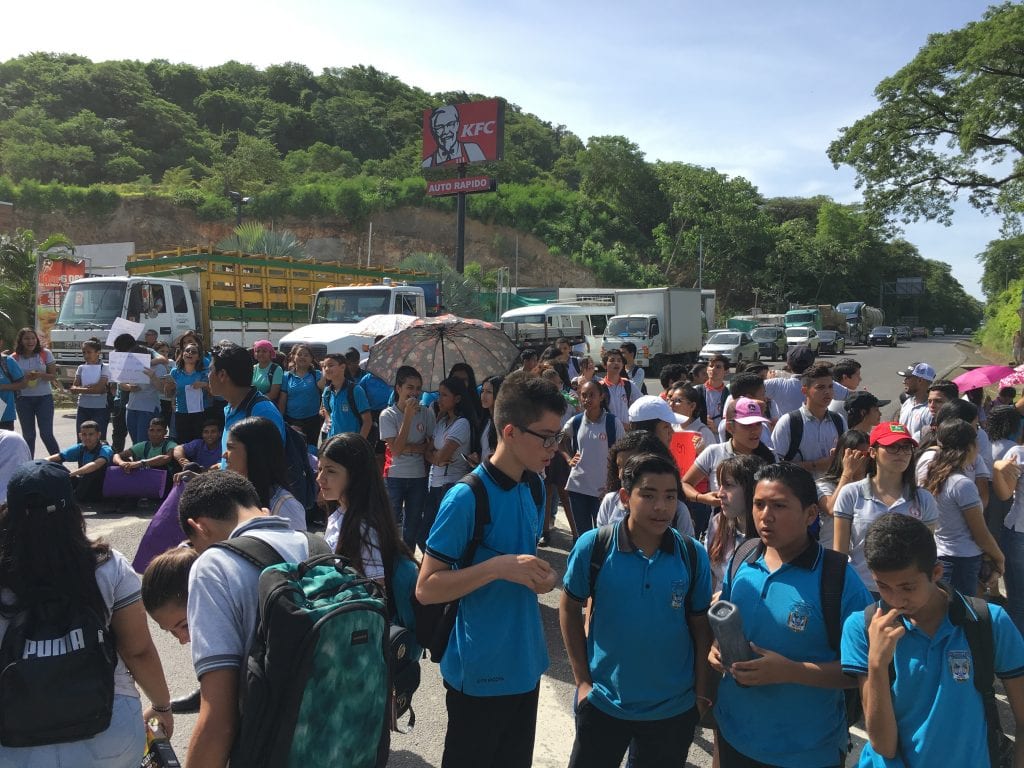
Dozens of students are protesting on Friday the 28t in the Nicoya Crossing.
2. Dual Education
At the Nicoya crossing, a sign held by a student says “Mr. President, would you let your kid become cheap labor?”
Students say the government’s idea is to mandate a internship education project, taking kids out of the classroom so they can work for companies for minimum wage.
President Alvarado said that its not a law, but a project that should be debated in Congress. It would be voluntary, he said.
The project would propose a new model focused on technical colleges, institutions, INA and universities where students over 15 could sign up voluntarily.
3. Faro tests
Students say they don’t have enough information on how and when the Learning and Renovation Opportunity Strengthening tests will be applied, and whether they will really earn a degree.
This morning, after meeting with Rodrigo Facio high school students, Alvarado said the government should explain the tests better.
FARO will give students a degree. The new model seeks to measure abilities versus a bachelor’s degree which determined if a student had knowledge or not. The results of these tests are 40% of your final grade and the other 60 will come from the final year’s grades.
MEP will apply these exams between November 25-29. High School students and study at home kids must take them, as well as students at technical colleges.
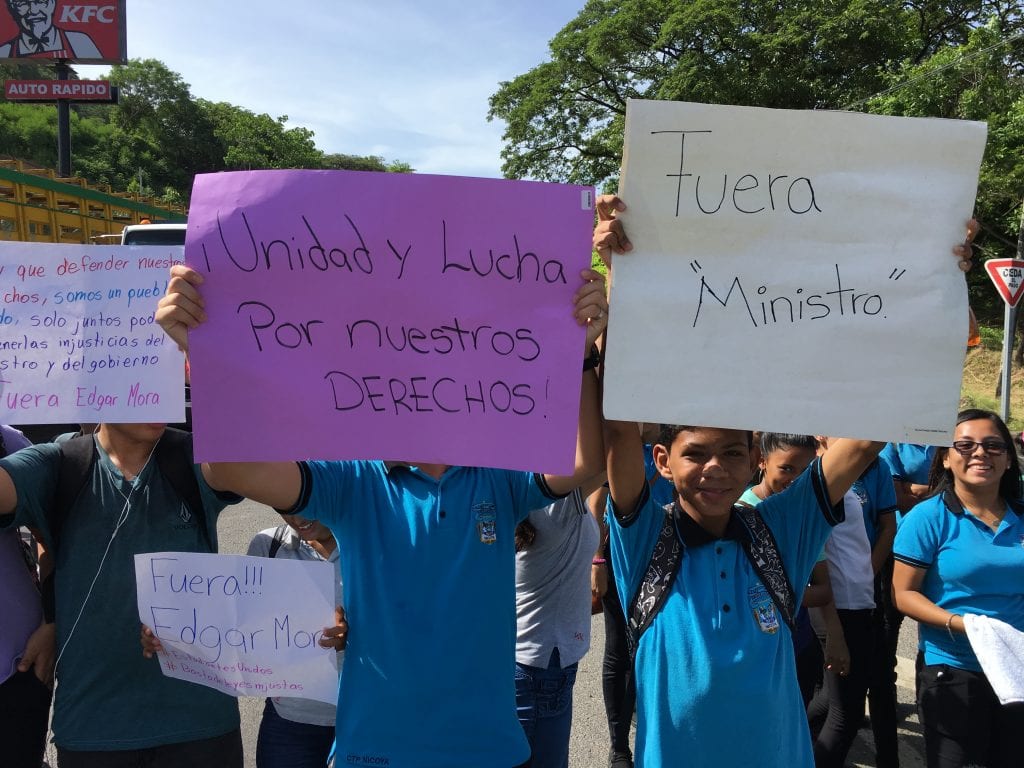
4. Buying Drones and Infrastructure Problems
In May the government said it would spend 109 million colons on buying drones to improve agricultural learning. MEP technical Director Pablo Masis said the investment will help keep pace with new tendencies in agriculture.
The student community says the priority should be on investments in infrastructure.
A report published by this newspaper showed how high schools and schools in the province are falling to pieces. Many crumbled after the Nicoya earthquake in 2012 and haven’t been fixed.
There are a lot of causes, including age of the buildings and lack of MEP communication with the health ministry, which issues health violation orders for damaged infrastructure.
5. Gay Pride
Neither the govenrment or the ministry called for celebrating gay pride day in high schools. Students say that the government can’t force them to participate.
So what’s up? On social media there was a call to not attend the June 28 gay pride parade and festivities.
The rules against LGBT bullying drafted by MEP suggest dates that they can talk about the topic, but it doesn’t mention celebrating activities in schools.
Angelica Castro and Cesar Arroyo contributed reporting.


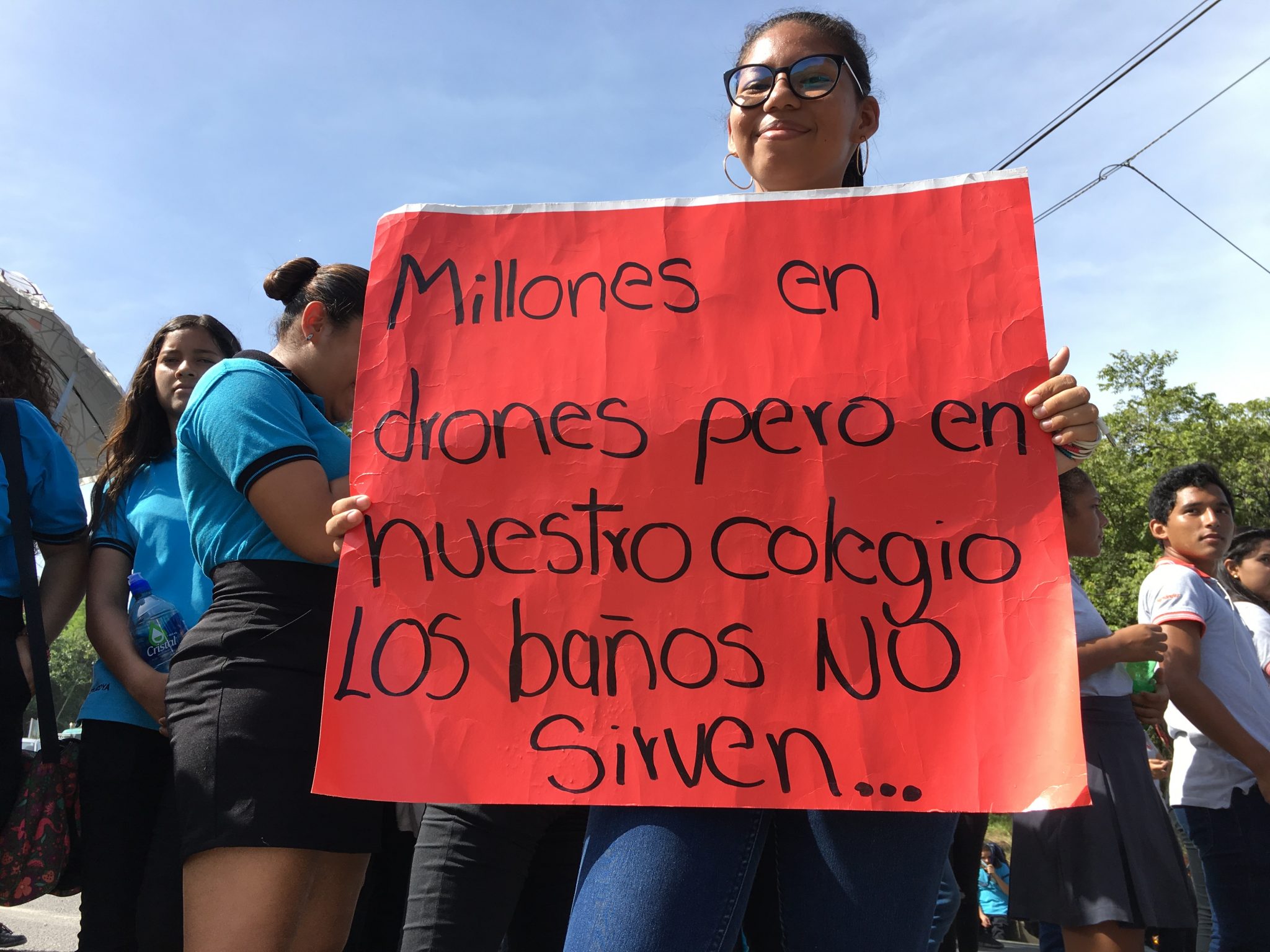
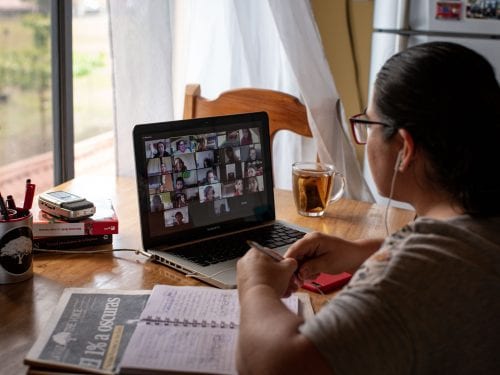
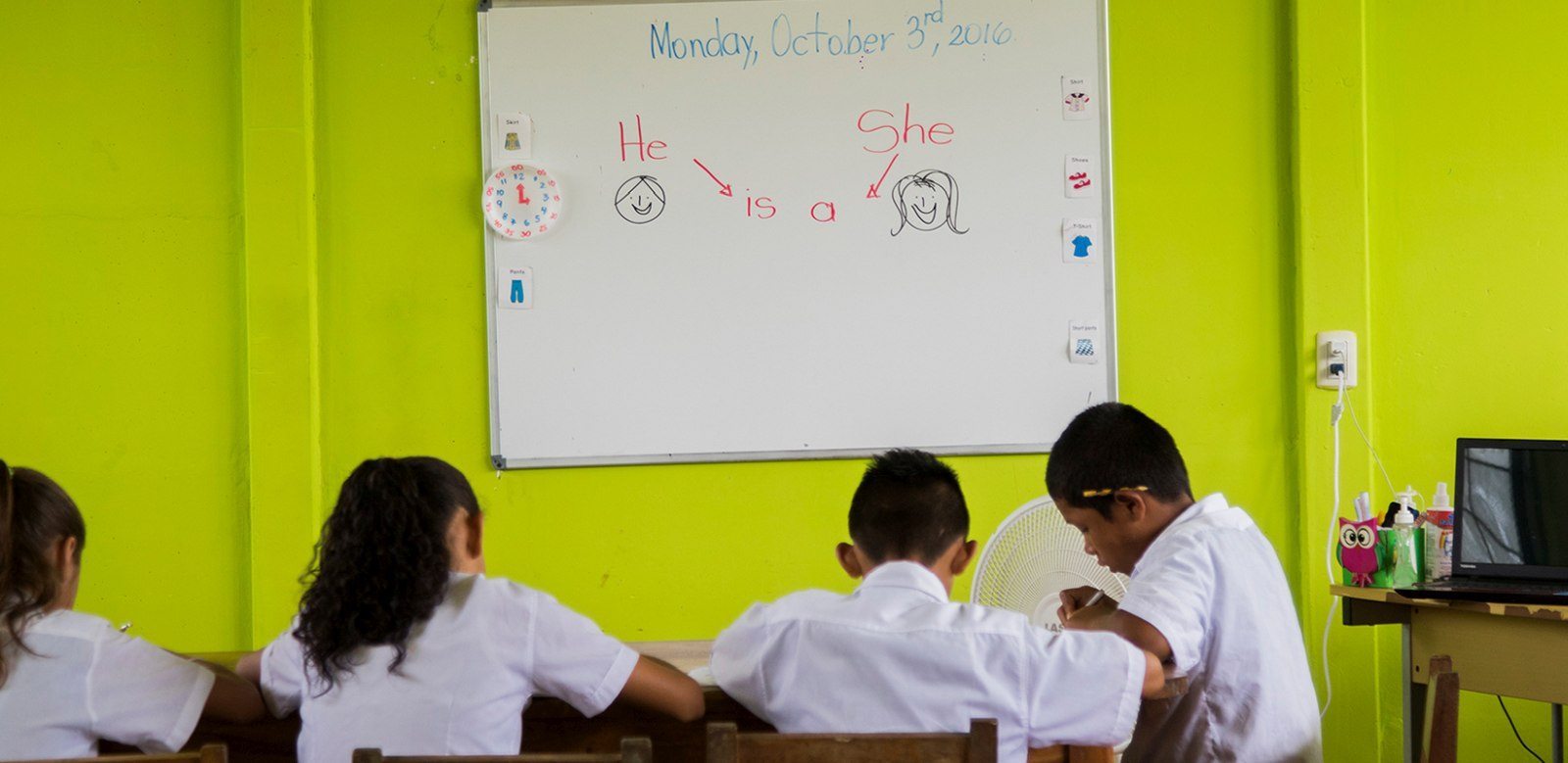
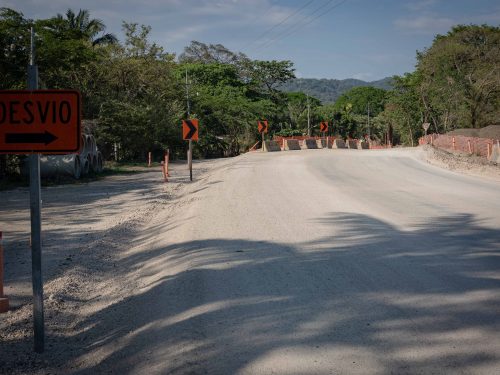

Comments